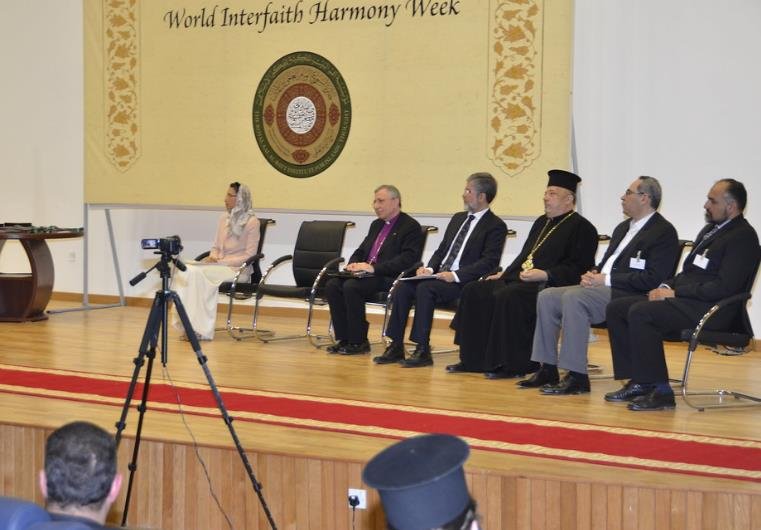Jordan has emerged as a beacon of interfaith harmony, setting an example for the world with its commitment to fostering peace and understanding among different religious communities. The country’s efforts to promote interfaith dialogue and cooperation are rooted in its rich history and cultural heritage. By embracing diversity and encouraging mutual respect, Jordan has created a model for peaceful coexistence that other nations can learn from. This article explores Jordan’s initiatives in promoting interfaith peace and the lessons that can be drawn from its experience.
One of the cornerstone initiatives of Jordan’s interfaith efforts is the Amman Message, launched in 2004 by King Abdullah II. This declaration aims to clarify the true nature of Islam and promote unity among Muslims. It emphasizes the importance of tolerance, mutual respect, and understanding among different religious communities. The Amman Message has been endorsed by hundreds of Islamic scholars and leaders worldwide, making it a significant step towards fostering interfaith harmony.

The Amman Message addresses misconceptions about Islam and condemns extremism and violence. It calls for dialogue and cooperation between Muslims and followers of other faiths, highlighting the shared values and common goals that unite humanity. By promoting a message of peace and inclusivity, Jordan has taken a proactive role in countering religious intolerance and fostering a culture of mutual respect.
In addition to the Amman Message, Jordan has hosted numerous interfaith conferences and events, bringing together religious leaders, scholars, and activists from around the world. These gatherings provide a platform for open dialogue and collaboration, helping to build bridges between different communities and promote a deeper understanding of diverse religious traditions.
World Interfaith Harmony Week
Another significant initiative spearheaded by Jordan is the World Interfaith Harmony Week, proposed by King Abdullah II and adopted by the United Nations in 2010. This annual event, held during the first week of February, encourages people of all faiths to come together in a spirit of mutual respect and cooperation. The week-long celebration includes various activities such as interfaith dialogues, cultural exchanges, and community service projects.
World Interfaith Harmony Week aims to highlight the importance of interfaith dialogue in promoting peace and understanding. It provides an opportunity for individuals and communities to engage in meaningful conversations about their beliefs and values, fostering a sense of unity and shared purpose. The event has gained global recognition, with numerous countries and organizations participating in the celebrations each year.
Jordan’s leadership in promoting World Interfaith Harmony Week underscores its commitment to fostering a culture of peace and inclusivity. By encouraging people of different faiths to come together and celebrate their common humanity, Jordan is helping to create a more harmonious and interconnected world.
Lessons for Other Nations
Jordan’s success in promoting interfaith peace offers valuable lessons for other nations seeking to foster harmony and understanding among diverse religious communities. One key lesson is the importance of strong leadership and a clear vision. King Abdullah II’s commitment to interfaith dialogue and his proactive efforts to promote peace have been instrumental in shaping Jordan’s approach to religious harmony.
Another important lesson is the need for inclusive and participatory initiatives. Jordan’s interfaith efforts involve a wide range of stakeholders, including religious leaders, scholars, activists, and community members. By creating spaces for open dialogue and collaboration, Jordan has been able to build trust and foster a sense of shared responsibility among different communities.
Education and awareness are also crucial components of Jordan’s interfaith strategy. By promoting a deeper understanding of different religious traditions and encouraging mutual respect, Jordan is helping to counter prejudice and intolerance. Educational programs, cultural exchanges, and community outreach initiatives play a vital role in fostering a culture of peace and inclusivity.
In conclusion, Jordan’s efforts to promote interfaith peace serve as a powerful example for other nations. By embracing diversity, fostering dialogue, and promoting mutual respect, Jordan has created a model for peaceful coexistence that can inspire and guide efforts to build a more harmonious world.
